Frequently Asked Questions:
Treatment Timing.
Do I need a referral from my dentist to visit an orthodontist?
No. While the general dentist typically refers children and adults to an orthodontist, you do not need a referral. With or without a referral, Dr. Carter will consult and communicate with your dentist about your diagnosis and treatment.
When should I see an orthodontist?
Children, according to the American Association of Orthodontics, should be seen no later than 7 years old but possibly earlier if a problem is detected by a dentist or physician.
A complementary exam and consultation at our office will help determine if your child needs treatment at a young age. Usually, children do not require treatment and will only need complementary periodic check-up appointments.
It’s never too late to seek orthodontic treatment. Adults are seeking treatment more than ever before. Orthodontic treatment may also be part of a restorative treatment plan put together by your general dentist. The position of teeth always has an effect on it’s function and appearance, therefore, your dentist may need the teeth repositioned before restoring any number of teeth.
What are some signs that braces or Invisalign may be needed?
- Crowded or overlapped teeth
- Protrusion: Upper front teeth protrude excessively over the lower teeth AKA bucked teeth
- Deep bite: Upper front teeth cover the majority of the lower teeth when biting together
- Underbite: Upper front teeth are behind or inside the lower front teeth
- Open bite: The upper and lower teeth do not touch when biting together
- The center of the upper and lower teeth do not line up with each other or with the face
- Thumb or finger sucking habits which continue after six or seven years of age
- Difficulty chewing
- Teeth wearing unevenly or excessively
- Spaces between the teeth
What is Phase I and Phase II treatment?
Phase I, or early interceptive treatment, is limited treatment (i.e. expanders or partial braces or functional appliances) between the ages of six and eleven before all of the permanent teeth have erupted. This treatment is sometimes recommended to make more space for developing teeth, correction of crossbites, overbites, and underbites, or harmful oral habits. Phase II treatment is also called comprehensive treatment because it involves full braces when all of the permanent teeth have erupted, usually between the ages of eleven and fourteen.
Cost, Financing, Insurance.
How much does orthodontic treatment cost?
The cost of orthodontic treatment depends, of course, on the type of treatment needed and the severity of the orthodontic problem being treated. Once Dr. Carter has evaluated your teeth and bite, you will be given treatment alternatives and a price quote.
We recognize that braces are not inexpensive, but we don’t want finances to stand in the way of getting the smile you want, therefore we will provide a variety of no interest payment options to help meet your needs.
We accept payment by check, debit or credit card (Visa, MasterCard, and Discover)
Do you offer any discounts?
We offer a discount for payment in full at the start of treatment.
We also offer a “family discount” for additional family members who begin treatment while a sibling, child or parent is still in active treatment.
Are braces covered by insurance?
Usually orthodontic insurance is an optional benefit in dental insurance plans. You can check with your individual insurance policy to determine the amount of orthodontic coverage available to you or we will gladly help you determine the benefit in your policy. We will do all we can for you to get your claim handled and insurance questions answered.
Life with braces.
Do braces hurt?
While your teeth are being worked on for quite some time, the actual placement of the braces is fairly painless. Once the wire is engaged into the brackets, soreness usually follows for just a couple days while the teeth and cheeks get used to the braces.
Will I be able to play sports with braces?
Yes. It is recommended to wear a mouth guard that we can provide for you. This will protect the braces, teeth, and your cheeks and lips.
Will I be able to play a musical instrument with braces?
Yes, you can still play any instrument. However, there may be a period of adjustment especially with brass and woodwind instruments.
Should I go to a dentist while I have braces or aligners?
Absolutely! Dr. Carter is working to straighten your teeth and bite. It is vital to continue to see your general dentist for cleanings and check-ups especially with braces because it makes home care more difficult.
How long does orthodontic treatment take?
Treatment times differ from person to person. On average, treatment is complete in one to 3 years. Treatment time is affected by many factors such as growth, age, severity of problem, and patient compliance in oral hygiene and wearing rubber bands or removable appliances.
What is it like to get the braces off?
Best day of your life!
What foods should I avoid?
- Tough foods: pizza crust, bagels, licorice
- Sticky foods: caramels, gum
- Hard foods: ice, chips, nuts, candy
- Foods you have to bite into: corn on the cob, apples, carrots
- To prevent appliance damage, avoid chewing on pens, pencils, or fingernails
